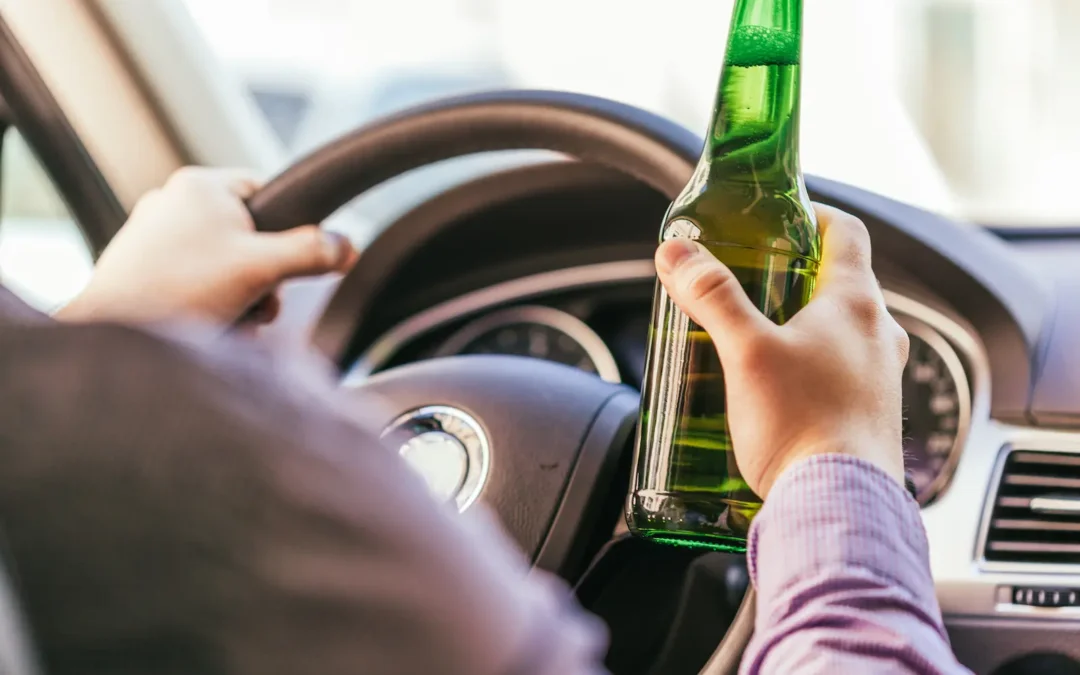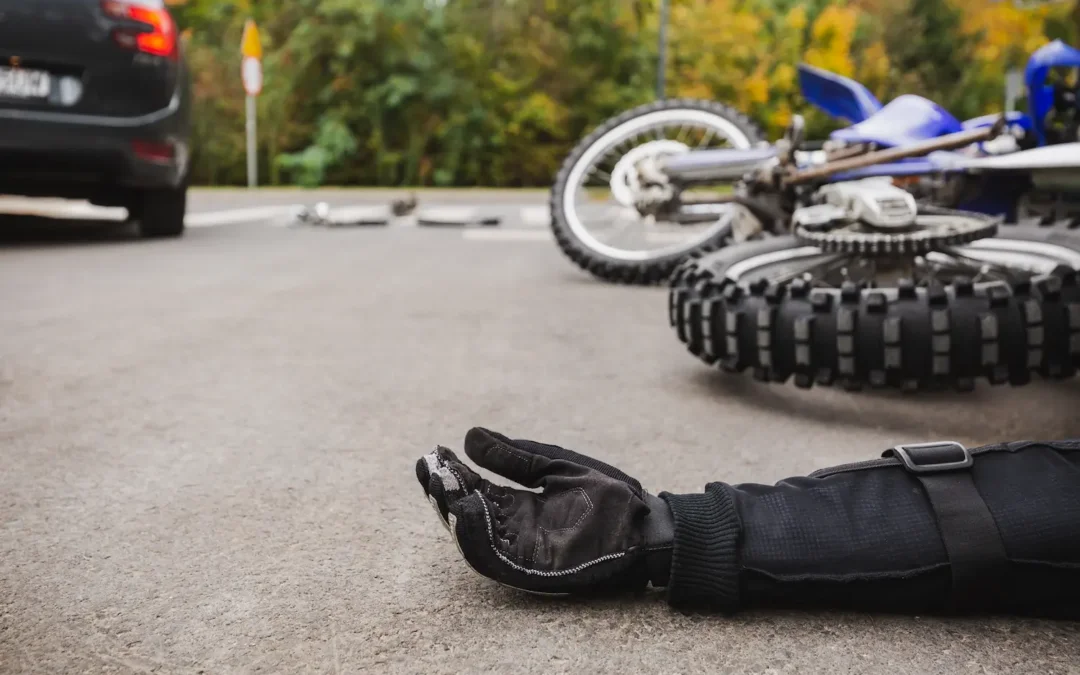When someone steps in to help during an emergency, their primary intention is usually to offer aid, not to assume legal risk. The Good Samaritan Law in Texas encourages exactly that by providing legal protections for individuals who give emergency assistance in good faith. Understanding how this law works, who it covers, and its limitations can help you confidently lend a hand when needed, knowing that Texas law is designed to protect well-meaning bystanders from lawsuits.
What is the Texas Good Samaritan Law?
The Texas Good Samaritan Law, detailed in Section 74.151 of the Texas Civil Practice and Remedies Code, is meant to protect those who voluntarily offer emergency care at the scene of an accident or medical emergency.
The law states that:
Anyone who provides such emergency aid “in good faith” and without expecting compensation will not be liable for civil damages, even if they unintentionally cause harm while rendering aid.
This rule applies in various scenarios, from car accidents and drownings to sudden medical issues.
The law’s foundation is based on “good faith,” meaning the intent behind the assistance must be purely to help, not to receive any payment or other benefits. The law thus encourages people to act out of compassion without fear of legal repercussions.
Examples of Good Samaritan Situations
Texas’ Good Samaritan Law provides protections for those who attempt to help others in a variety of situations, such as:
Car Accidents
Imagine you witness a car accident where someone is trapped in their vehicle. You might pull them out to prevent further injury, but in doing so, you unintentionally worsen an existing injury. Under the Good Samaritan Law, you’re generally protected from a lawsuit as long as your actions were in good faith and not grossly negligent.
Medical Emergencies
If you perform CPR on someone who has collapsed, or use an automated external defibrillator (AED) to revive someone suffering from a cardiac event, Texas law protects you even if there’s a chance of unintentional injury.
Drowning or Choking Situations
If you help someone who’s drowning or choking and accidentally injure them in the process, such as causing a broken rib during CPR, you’re protected as long as your actions were meant to save the person’s life.
These examples illustrate that the law applies in various emergency scenarios, provided the individual is acting with honest intentions and without expecting any payment.
Who is Protected Under the Texas Good Samaritan Law?
The Texas Good Samaritan Law is designed for everyday citizens, not trained emergency personnel acting within their professional responsibilities. People like bystanders, off-duty medical professionals, or even passersby who voluntarily step in to help are protected under this law. However, if an individual is expecting compensation or is acting as part of their job (for example, an EMT on duty), the Good Samaritan protections typically do not apply.
Even medical professionals can receive protection under the law if they’re not on the clock and are offering assistance outside of their paid duties, such as helping during an off-duty emergency.
Exceptions to the Texas Good Samaritan Law
While the Good Samaritan Law offers broad protections, there are several key exceptions where it does not apply. These include:
Expecting Payment: The law doesn’t protect anyone who offers help expecting compensation, such as a professional healthcare provider acting in a paid capacity.
Gross Negligence: If someone’s actions during emergency assistance are considered “willfully or wantonly negligent,” meaning they acted recklessly or with disregard for others’ safety, they can still be held liable. For example, attempting a complex medical procedure without training or proper equipment could lead to a negligence claim.
Causing the Emergency: If the person providing assistance is responsible for creating the emergency in the first place, they are not shielded by the law. For instance, a drunk driver who caused an accident can still face liability even if they assist the injured parties.
These exceptions help maintain a balance by protecting genuine, well-intentioned aid while holding accountable those whose actions contribute to harm.
How Does the Good Samaritan Law Affect Personal Injury Cases?
In Texas, personal injury cases are often complex, particularly when they involve Good Samaritan scenarios. If an individual believes they were harmed due to the negligence of someone attempting to help, they may still attempt to file a lawsuit. However, the Good Samaritan Law makes it difficult for those claims to succeed unless the plaintiff can prove that the individual providing aid was grossly negligent or otherwise acting outside the law’s scope.
If you or a loved one were injured during emergency aid and are unsure if the Good Samaritan Law applies, consulting a Texas personal injury attorney can be helpful. An experienced attorney can clarify whether the actions fall under the Good Samaritan protections or if there are grounds to pursue compensation due to negligence.
Final Thoughts on Texas Good Samaritan Law
The Texas Good Samaritan Law ultimately supports individuals who act selflessly in emergencies, offering reassurance to bystanders willing to assist. Knowing the limits and scope of this law can be empowering, as it gives confidence to act without hesitation when someone needs help. Still, it’s important to understand that this protection is conditional on acting in good faith and without recklessness.
If you’re in a situation where Good Samaritan protections may apply, remember the basic guidelines: act with the intention to help, avoid risky actions that you’re not trained for, and know that Texas law generally has your back.



